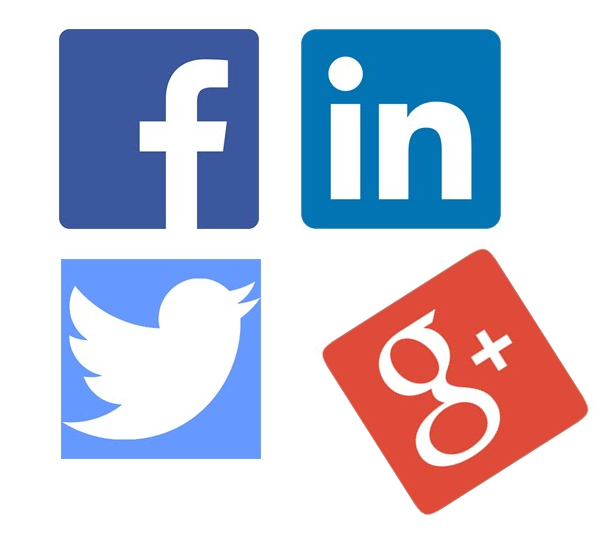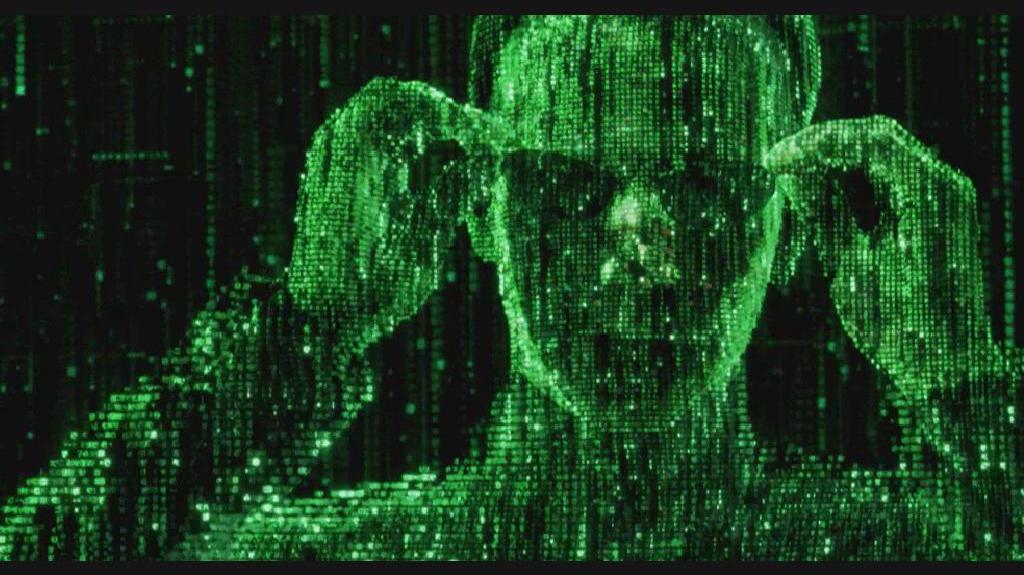Your Online Persona is More Real Than You
Since returning to the U.S. in 2013, I have been on the lookout for a full-time job. I’ve worked some contracts, taught some BodyPump, wrote and published a book—which you should totally buy, read, and rate on Amazon, by the way—all the while scouring the job market for a stable, full-time position with the requisite life-sustaining benefits. In the midst of this journey, I came to an unexpected realization: My online persona is more real than I am.
As a person who’s been spending too much time on the internet for two decades—basically since the movie Hackers made it look so cool—I have fully expected that the day would come where the virtual world felt more real than the actual, physical world. But I didn’t expect it to be so fast, or for it to happen like this.
Come on, Science! I'll forgive the lack of hoverboards if you can give us this.
Honestly, I was imagining a game-changing new user interface, like Star Trek: TNG’s Holodeck, The Matrix, or Assassin’s Creed’s Animus (which is pretty much just a Matrix ripoff). And yeah, virtual reality and augmented reality headsets are on their way. Surely those these could be awesome. But the existential crisis has arrived without their help. The Internet is already the arbiter of what is real, VR not required.
In my job search, I have attempted to see myself from a potential employer’s perspective. In the past, this would mostly be limited to one’s resume/CV and professional references. These days, however, there’s a lot more information about each of us online, and this can tell an employer so much more about you personally. There’s your professional content on LinkedIn, Career Builder, Monster, etc. But there’s also the vacations photos on Facebook, your 140-charater diatribes on Twitter, and that expansive collection of thought provoking posts on Google+. Just kidding, nobody uses Google+.
Actually, the Kelleher Bros. use Google+ all the time. It’s almost universally hated, but we dig it.
The fact that there’s a growing pool of information about you online shouldn’t be news, and clearly it doesn’t bother most Americans one bit. We must be fine with it, since we willing give Facebook all our personal information, seemingly trivial preferences, and sacred family photos. But this isn’t a scare piece about your personal data; this is a discussion of the nature of reality. Duh!
The thing is: that person on Facebook, that artist on SoundCloud, even that professional on LinkedIn: they aren’t really you, exactly. They represent you to the online world, they stand in as your avatar on whatever platform you use, but they’re never precisely you. Not the real you anyway.
Your online persona is a carefully crafted product, whether you realize it or not. Despite your best intentions to honestly represent yourself, there is no way around it. The information you provide, the photos you upload, the views you espouse, and the links you share will surely ring true to the person that you believe you are—or the person you think people see you as. But neither of these is precisely you.
Now contrast those things with their opposite: the information you withhold, the photos you don’t upload, the views and links and adorable cats you choose not to broadcast to the world. Simply by not sharing something you also shape your online persona. Unconsciously—or perhaps entirely intentionally (no judgment here)—you have created a vision of yourself deemed appropriate for sharing on the Internet. That’s just a part of the experience.
I know Kung Fu... Or so it says on my tinder profile.
So how does any of this make your Internet persona more real that your actual self? Well, consider how a stranger might go about verifying your identity. For the sake of consistency, let’s imagine this is a potential employer hiring for a job you’ve applied for. Your online footprint is going to go a long way in proving you are not a robot, much farther then an easily fabricated resume. It probably looks suspicious if you don’t have a Facebook account or a LinkedIn profile.
And that’s where the change has already occurred.
The Internet is a vast, evolving, ever-expanding sea of media, knowledge, the collected experience of mankind over all time, plus it's where we keep photos of adorable animals. It also contains loads of fiction, misinformation, and straight-up garbage. However, that’s not quite as important to this discussion, because—at least for savvy users—information on the Internet is constantly accessible and verifiable.
Creditable websites—and the Internet by extension—have become our authorities on what is true and what is false. Who was that actor in Hackers? Let’s check IMDB! Oh right, Jonny Lee Miller. I heard he married Angelina Jolie after that movie, is that true? His Wikipedia page will know! Yep, looks like they did. And hey, he was also in Trainspotting! I can’t believe I forgot about that one. Great movie…. Anyway, you get the idea.
Zero Cool, indeed.
It’s not just celebrities whose lives can be verified online, it’s everybody. Everyone is searchable. And that's an inescapable fact. You cannot simply remove yourself from social networks. Going off the grid doesn’t change the criterion, it just makes you unverifiable.
Surely there are still people who will work their whole lives for the same company. They might be rare unicorns these days, but they do exist. Those folks have no need for a LinkedIn profile. Maybe they’ve even steered clear of Facebook too. Good for them! But that position of off-the-griddedness is a luxury that most of us—especially young people—cannot afford. If you were the recruiter responsible for combing through a mountain of potential applicants, would you spend much time looking into that mystery candidate with no online presence? Of course not.
Time to get existential: What is real? What is an illusion? Am I real? Is my online persona real? Assuming both are real, which is realer? My online persona is searchable and verifiable on the Internet. My actual consciousness and physical self are not. So...





